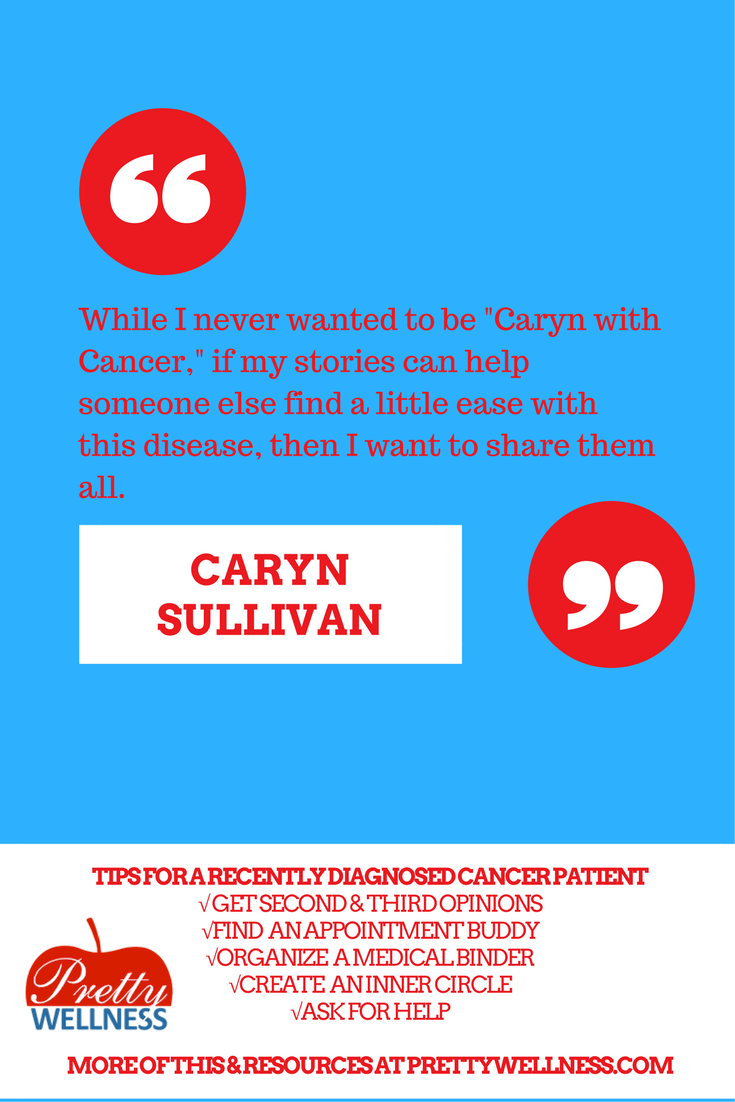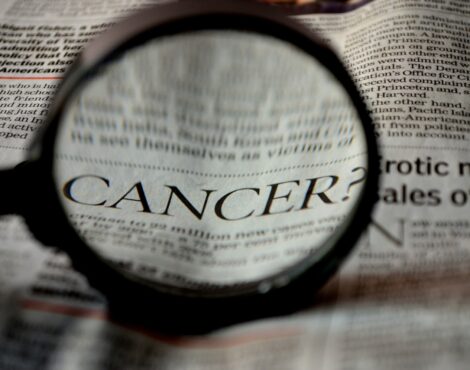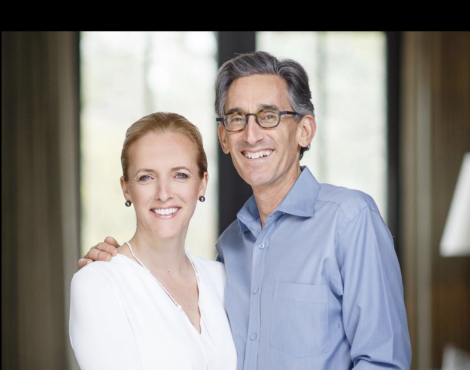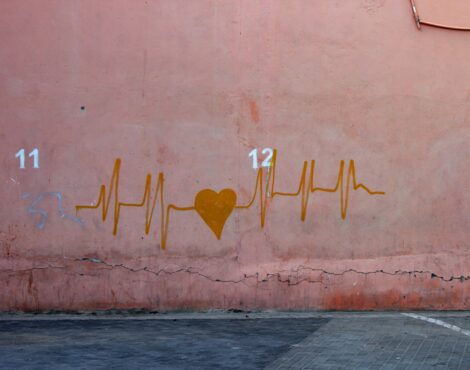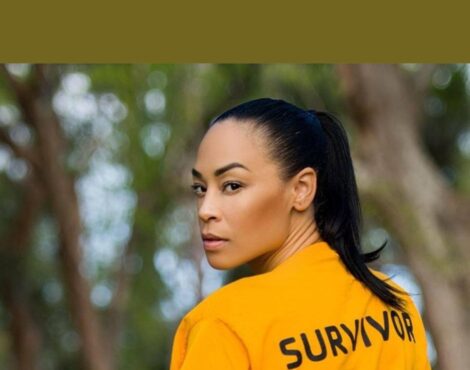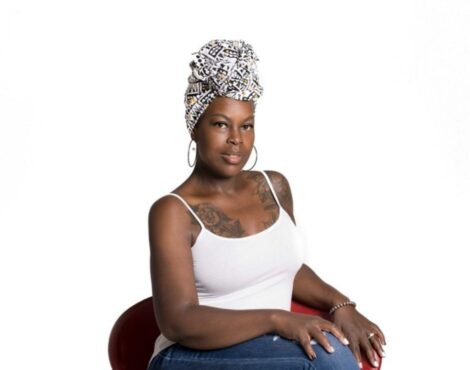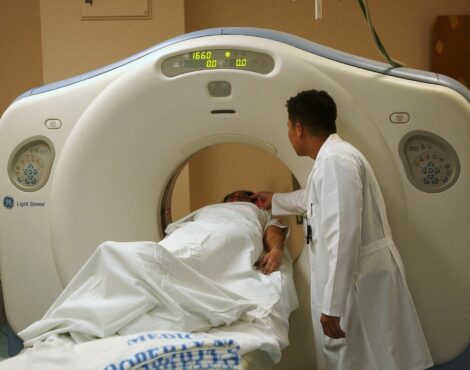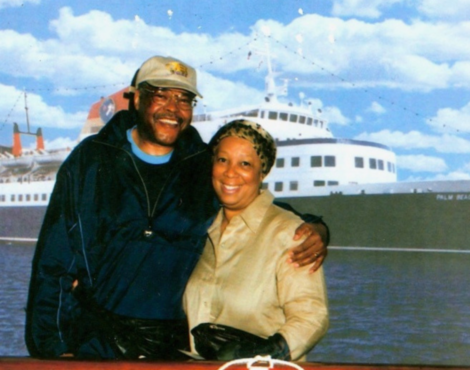I’ve had cancer for over a decade. While there has been many roller coasters along the way, the first few weeks after a cancer diagnosis were the most stressful and mentally draining. Through my cancer journey, like my business career, having role models and mentors were critical. I had many people look out for me and so I believe in doing the same. While I never wanted to be “Caryn with Cancer,” if my stories and learnings can help someone else find a little ease with this disease, then I want to share them all. When it comes to the initial diagnosis, unfortunately you can’t bury your head in the sand for long. You have to make several decisions in a short amount of time. Though I never wanted to be “Caryn with Cancer”, hopefully the words below, or those on the pages of Happiness through Hardship – The Cancer Book or “Happiness through Hardship” – The Podcast will help others, especially those dealing with the first few weeks after a cancer diagnosis.
Tips for a Patient After a Recent Cancer Diagnosis
Don’t Do Extensive Research on the Internet About Your Diagnosis – Get Second & Third Opinions Instead
Unless you’re a doctor or medical practitioner that specializes in cancer treatment, skimming the internet will likely bring more anxiety than calming nerves. If you crave that information right away, ask a friend to do the research focusing on learning about the latest medical treatments for your type of cancer (drugs, surgeries, chemotherapy, radiation and other modalities). Don’t search out statistics; look to find anecdotal success stories.
Get Second & Third Opinions
I can’t stress this enough. I know it’s exhausting and overwhelming. Plus, you want to have faith in your first doc because you often trust them for navigating you through the initial diagnosis. However, getting more opinions provides opportunities to digest all the new information with professionals trained to discuss it. Sometimes doctors don’t agree, which is why having several physicians explain the data and recommendations can be incredibly useful. Each appointment is an opportunity to ask more questions in order to feel good about your treatment plan.
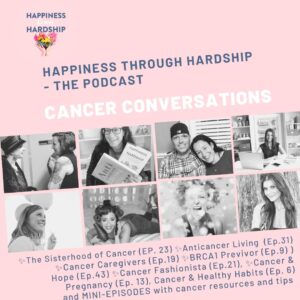
Find an Appointment Buddy
Don’t go to appointments alone. Choose someone who will join you every time. The first several weeks are tiresome, confusing, scary, and nauseating. That is why having a close friend or family member take notes at appointments is incredibly necessary. They can help you discuss potential treatment plans and provide questions to ask the doctors when you are feeling crazed.
Organize A Medical Binder
Gather all relevant doctor’s appointment reports and scans and put in a binder. Contact the medical records department where you had your scans and procedures. Ask them for two (2) copies on CD of each scan with the reports and any other procedure reports (i.e. biopsy). You will need all this information to share with doctors for second and third opinions. Plus, it will be handy if you find someone in the medical or natural field who wants to help you on your journey in the future. If your hospital has an electronic data system (like Epic,) sign up for it. You will have easy access to your medical history, reports and correspondences.
Create Your Own Inner Circle and Network Within It
The first few weeks, I didn’t want anyone to know that I had cancer. In addition to being upset and scared, I didn’t have the time to explain to others what I was thinking, feeling and going to do after my cancer diagnosis. Thanks to a small group of family and friends, my inner-circle did it for me once I was ready to share the news.
The good news about people learning you are sick is that they often want to be there for you. Help comes in many forms: homemade dinners, rides to appointments, feel-good gestures, creative care packages and practical resources. Your friends and extended family members may know others in the medical or natural field that can provide useful information and advice when you’re trying to make decisions on treatment. I know it sounds silly to network about your cancer, but isn’t your life worth it?
Ask for Help
Your friends and family often feel helpless because they don’t know what it is like to be in your shoes. Delegate opportunities for them to help because it makes your life easier, which is what they want. Some ideas include researching doctor and hospital program information, cleaning laundry, scheduling meal deliveries, and babysitting kids, to name a few.
Because I’m silly, before my first set of scans post stage IV diagnosis, I asked my inner circle to help me laugh. Within hours, my best friends across the country joined me, my son and my niece in a Night-Before-My-Scan-Results Dance Party. Our theme song was PitBull’s “Feel the Moment” and I watched seven videos of them dancing in their kitchens, high-powered offices and cars.
For more information on navigating through the initial stage after a cancer diagnosis, see the resources below:
√ Questions to Ask Your Doctor About Cancer Treatment – Cancer.gov
√ How to Find a Doctor: Oncologist, radiation oncologist, surgeon or other specialist – WebMD Physician Finder, ZocDoc or the American Medical Association Doctor Finder
√ Counseling. Support Groups. Education. Financial Assistance – CancerCare.org
√ Investigating integrative care or natural healing – Naturopathic.org
For more cancer resources and daily tips and inspirational ideas on healthy living, clean eating and a non-toxic lifestyle, please follow us on Twitter, Instagram and Facebook.
For speaking engagements, check out my business website and demo reel at CarynSullivan.com. I can be reached at [email protected].
Favorite Books Upon Cancer Diagnosis
